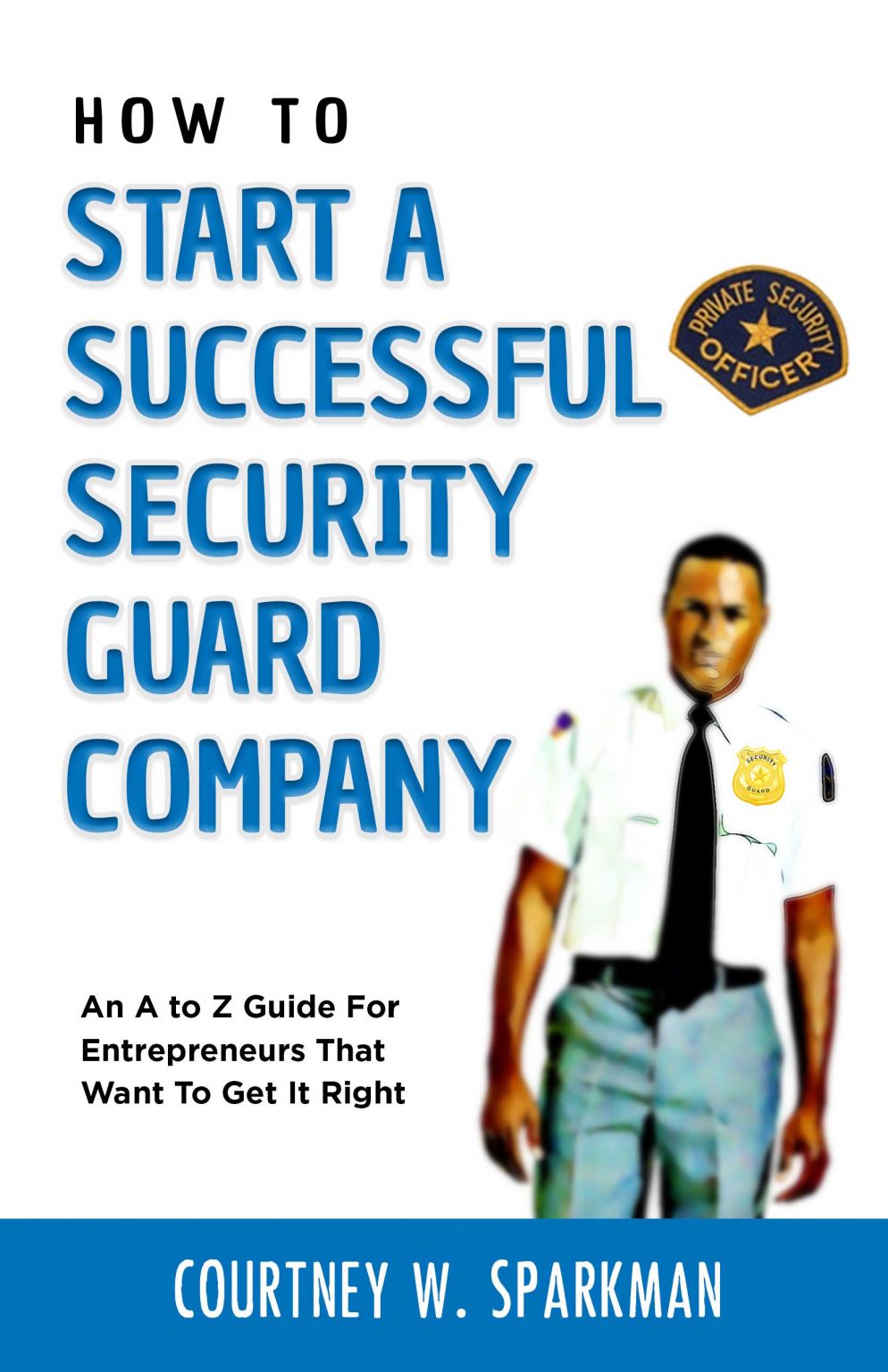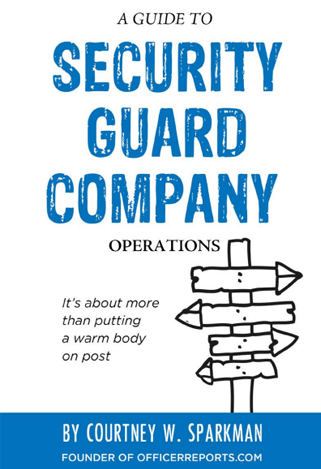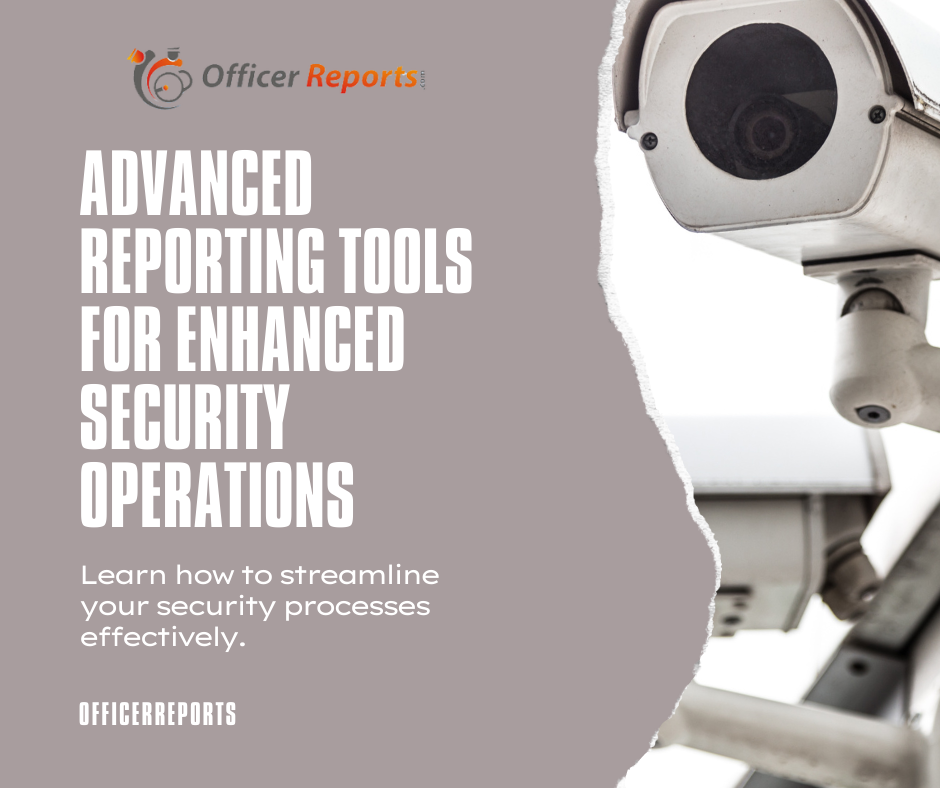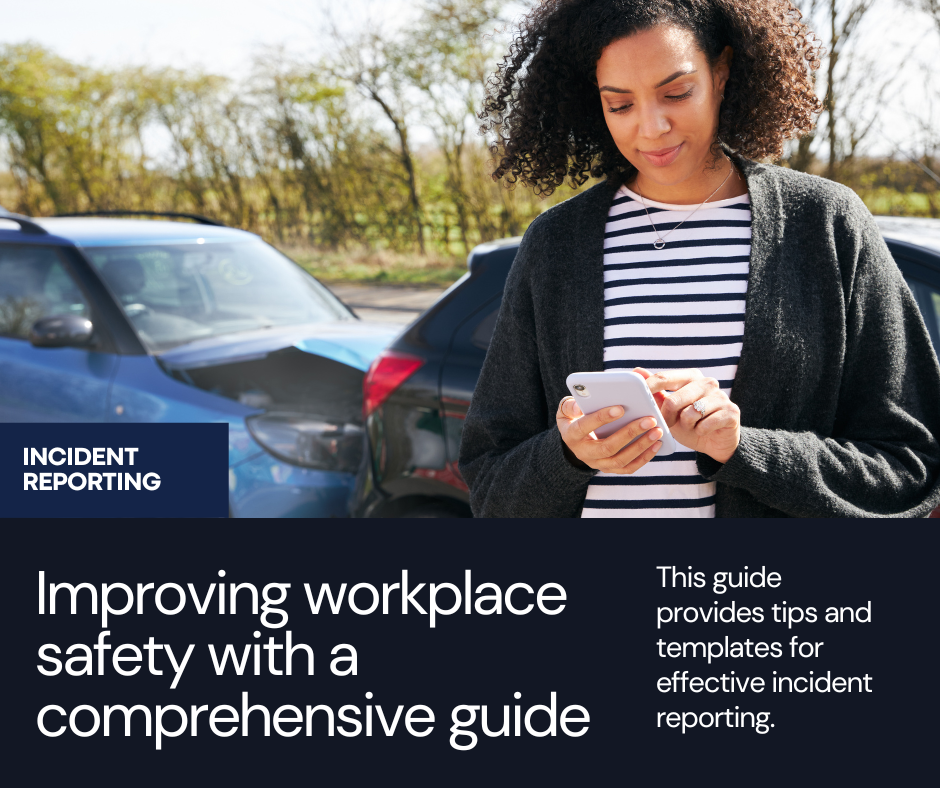Sooner or later it happens to you: You’re in the process of courting a new client, one that can really make a difference for your business. Everything seems to be going well, until it comes time to start discussing the security guard contract and then they begin asking questions about those terms that you’ve always meant to figure out. Now what?
It’s always best to have your own contract ready — one that your own legal counsel has gone over with you — so you don’t have to rely on the client’s language. But some potential clients might want to use their contract language, and that can increase your risk to a level you don’t want to take on. The Mechanic Group, a provider of insurance for private security firms, has created a quick primer to get you up to speed on terms that every security company executive should know, with the understanding that you should always consult your own legal counsel before signing any contract. Here is a summary of their primer.
Security Guard Contract Term #1: Indemnity, Indemnification or Hold Harmless
In an indemnification clause, one party agrees to protect the other from certain damages. These damages may include property loss or personal injury due to acts by certain people or entities. In your case, it would include guards, your company or your customer. The issue with indemnities is they can put you on the hook for damages that really weren’t your responsibility. Avoid them whenever possible.
If you absolutely must sign a contract with indemnification, look for limited indemnification, which holds you responsible only for direct acts of your employees, not active or negligent acts of your client or others. Other options include intermediate indemnification, which holds you responsible if a suit is brought against the client due to your negligence or their own negligence, and broad indemnification, which means your client is held harmless for all liability, even intentional acts by your employees.
Indemnification carries a great deal of risk to your company. Before you agree to any indemnification, find out whether your insurance policy will cover any clause. If it doesn’t, you’ll have to self-insure and unless you’re a national firm that will probably be close to impossible.
Security Guard Contract Term #2: Additional Insured
Often seen with indemnity agreements, additional insured status refers to a clause that protects your client in the event that the indemnity clause is unenforceable. These also come in limited, intermediate and broad applications, like indemnification. If your additional-insured provision is broader than your own insurance policy, you’ll be dealing with self-insurance as well.
Security Guard Contract Term #3: Waiver of Subrogation
A waiver of subrogation means that the insurer can take legal action against a third-party. This may apply if one of your employees is injured while working at your client’s location. If your employee chooses to sue the client, your client can shift liability back to you through a waiver of subrogation.
Limit subrogation clauses as much as possible, and ensure your insurance policy extends coverage to any clause you do agree to. Self-insurance applies here as well for any discrepancy.
Security Guard Contract Term #4: Owners and Contractors Protective Liability
These are rarer than they used to be, but you may still run into them. They are insurance policies, written in your client’s name, that you purchase for your client. Avoid these whenever possible, or, if the risk is acceptable to you, replace them with indemnity/additional insured provisions if necessary.
Security Guard Contract Term #5: Terms of Agreement
You may see other terms in a contract that can cause unintentional problems if you don’t understand them or they are used incorrectly. Some of those terms include:
- Agency Theory: A statement that says you and your employees are an independent contractor and not an agent for your client. This ostensibly protects you from liability for acts and omissions as well as other issues. Problems can arise when the client manages employees at your site and someone gets injured; if one of your employees collects worker’s compensation from your carrier and then sues the client, contract language can mean you have to defend and indemnify the client.
- Duties and Responsibilities. You should include a sentence about the fact that unless otherwise agreed to in writing, your services do not include a security analysis. This can protect you from being sued for negligent security. But watch out: Using a free security survey to drum up business can imply an analysis, undermining any duties and responsibilities.
- Term of Contract: All parties must agree about the length of the contract and the cancellation process. Include information about the length of notice to avoid lawsuits.
It can be tempting to take on big clients with contracts that increase your level of risk — the payoff might be such that you feel you are willing to manage any issues that might arise. Talk to your legal adviser about these clauses to make sure it’s really worth it to you and your business.
Are there things that your clients ask you to add or remove for your security contract that you refuse to do? If so, what are they? Please feel free to leave your comments below.
By Courtney Sparkman







